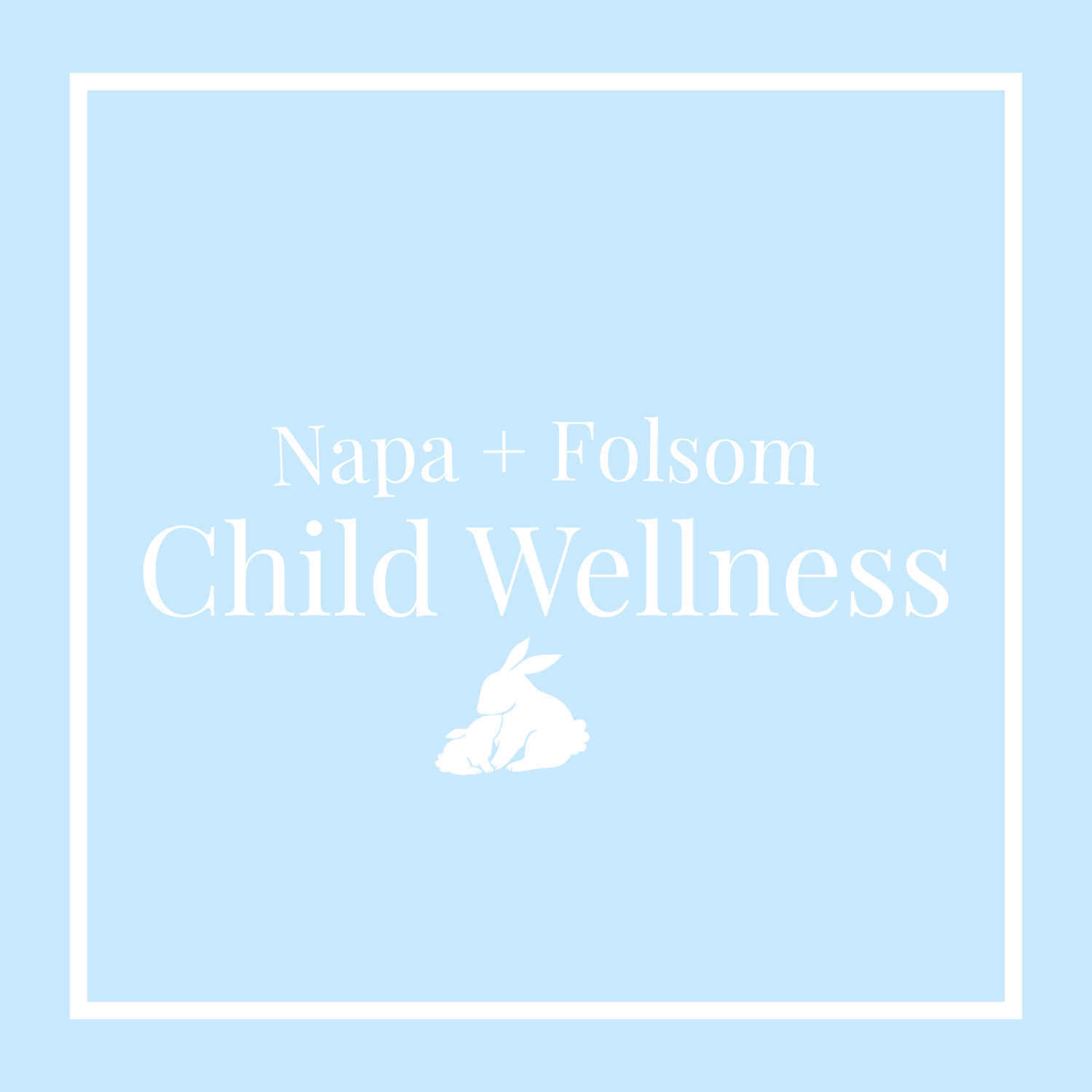“An informed and supported parent is an amazing parent!”
Q: What is play therapy?
A: Play therapy is a style of therapy used to work with children. Children use play to express themselves, manage their anxieties and find resolutions to problems they face. As therapists, we use play to communicate with them in the language they are already using. It is the least invasive way to gain entrance to a child's inner world. A variety of tools are used, including sand tray, drawing, pretend play with toys, puppets and dolls, board games, storytelling etc., depending on the child's developmental age, interests and goals in therapy.
Q: What's the difference between a child psychologist and other therapists?
A: A child psychologist has taken coursework focused specifically on providing therapy and cognitive, psychological and educational assessment to children and then dedicated their clinical training to practice what they have learned. Child psychologists see therapy through a lens of developmental opportunity. We identify ways for children to learn during moments of transition and adversity while monitoring emotional well-being. Having a thorough understanding of a child's cognitive and emotional development is crucial to serving this population.
Q: Should a child therapist meet with parents too?
A: Absolutely. You know your child better than anyone and you are the one that has noticed they are acting differently which is why you sought services. If a therapist is not communicating with a parent regularly it is difficult to monitor how the child is doing in the world outside the therapy office. It is possible and necessary for children and adolescents to feel that their privacy is respected in therapy while their therapist and parents have a consistent working relationship. Often a main component of therapy is parent education and support- especially with the little ones!
Q: We make school and health a priority in our family because we care about our child's future. So how important is it to talk about feelings?
A: Mental health is part of a child's foundational well being and affects physical health, cognitive development, relationships and emotional functioning. When an individual is able to identify and manage their feelings in effective ways, what we term "emotional regulation", they have improved social and leadership skills, cognitive and academic success, problem-solving skills and are more likely to be resilient in a crisis situation. Attributes of wellness and success we hope for all children.
Q: My adolescent already sees a therapist and a psychiatrist- why does he/she need group therapy?
A: If your adolescent is showing a decrease in their anxiety and depression symptoms, engaging in their relationships and showing motivation at school then the current level of care may be enough for them. However, if your adolescent is seeing a therapist weekly and a psychiatrist regularly for medication management, and is not improving and may even show escalating behaviors the Adolescent Skills Group can improve your current treatment plan. The skills group provides an opportunity for adolescents to learn new behavior management skills and practice them with same aged peers. The group also teaches you, the parent, these same skills so that you have new tools for working with your teen at home. Completion of this group allows for a wealth of new techniques for your adolescent to manage their depression and anxiety and a feeling of mastery that adds to self-confidence and motivation.
If you have your own questions, speak personally with Dr. Kuzirian by scheduling a free phone consult.




